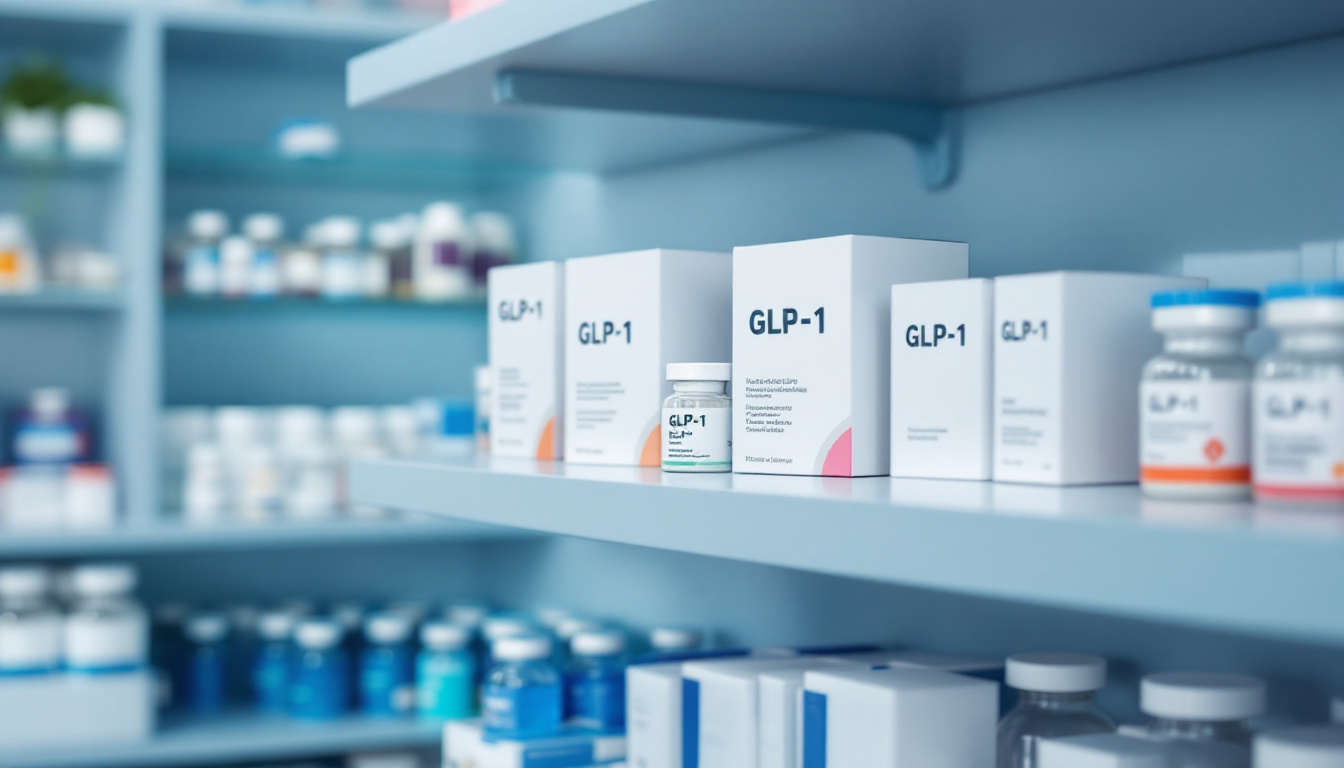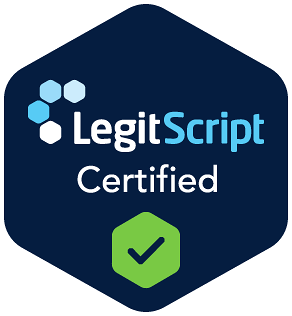Can I get weight loss support without insurance?

Introduction
Weight loss can present significant challenges, and for many, the additional hurdle of lacking insurance coverage complicates the endeavor. Despite this, various paths offer substantial support for those embarking on a weight-loss journey without relying on insurance. Learning about the available options, understanding the costs involved, and exploring affordable alternatives can make a difference. This guide delves into the ways you can achieve weight loss support, access medications, and engage in programs without insurance coverage.
Understanding the Costs of Weight Loss Medications
What Is the Cost of Weight Loss Pills Without Insurance?
The cost of weight loss pills without insurance typically ranges from $200 to $2,000 per month. This wide range depends on the specific medication and the pharmacy supplying it.
For example, popular drugs like Ozempic and Wegovy can cost between $900 and $2,000 per month, while Rybelsus tends to fall within a range of $950 to $1,080. On the other hand, compounded options, such as semaglutide, are significantly cheaper at around $199 per month. However, it is important to remember that compounded medications may lack official FDA approval.
Examples of Medication Costs
| Medication | Cost (without insurance) | Notes |
|---|---|---|
| Ozempic | $900 - $1,000 | Coverage may vary by health condition. |
| Wegovy | $1,349.02 - $2,000 | Manufacturer's savings programs may apply. |
| Rybelsus | $950 - $1,080 | Not typically covered by Medicare. |
| Compounded GLP-1s | Starting at $199 | Cheaper alternative, not FDA approved. |
Impact of Insurance on Pricing
Most health insurance plans generally do not cover weight loss medications, as they are often deemed cosmetic unless prescribed specifically for health issues like type 2 diabetes. In situations where insurance does provide coverage, out-of-pocket costs can still vary significantly based on individual plans, copays, and deductibles. Patients may find that savings programs offered by drug manufacturers can dramatically decrease their out-of-pocket expenses, sometimes even reducing costs to as low as $0 for eligible individuals.
In conclusion, while the costs for weight loss medications can be high without insurance, there are alternatives and financial assistance options available to help alleviate some of the financial burdens.
Qualifying for Weight Loss Medications
What are the conditions to qualify for weight loss medication?
To qualify for weight loss medication, individuals must typically meet specific criteria related to their body mass index (BMI) and health conditions. The standard requirement is a BMI of 30 or greater, classifying individuals as obese. Alternatively, if a person's BMI is 27 or higher and they have obesity-related health conditions, such as hypertension or diabetes, they may also qualify for prescription medications.
Do lifestyle changes need to be attempted?
Before prescribing weight loss medications, healthcare providers usually expect patients to have attempted lifestyle changes. This often includes following a reduced-calorie diet and increasing physical activity for three to six months. If these efforts do not result in a weight loss of at least 5% of total body weight, physicians may consider medications like Wegovy, which help reduce appetite.
How effective are these medications?
Weight loss medications are not a standalone solution. They are most effective when combined with lifestyle modifications. For instance, drugs such as Ozempic, which contains semaglutide, may be utilized for weight management, although they are primarily approved for diabetes treatment. It is crucial to approach obesity as a chronic condition, leading to the need for ongoing treatment for sustained results. Regular assessments and adjustments to treatment plans may enhance effectiveness, ensuring better overall outcomes for individuals striving for weight loss.
Navigating Wegovy Pricing With Savings Programs
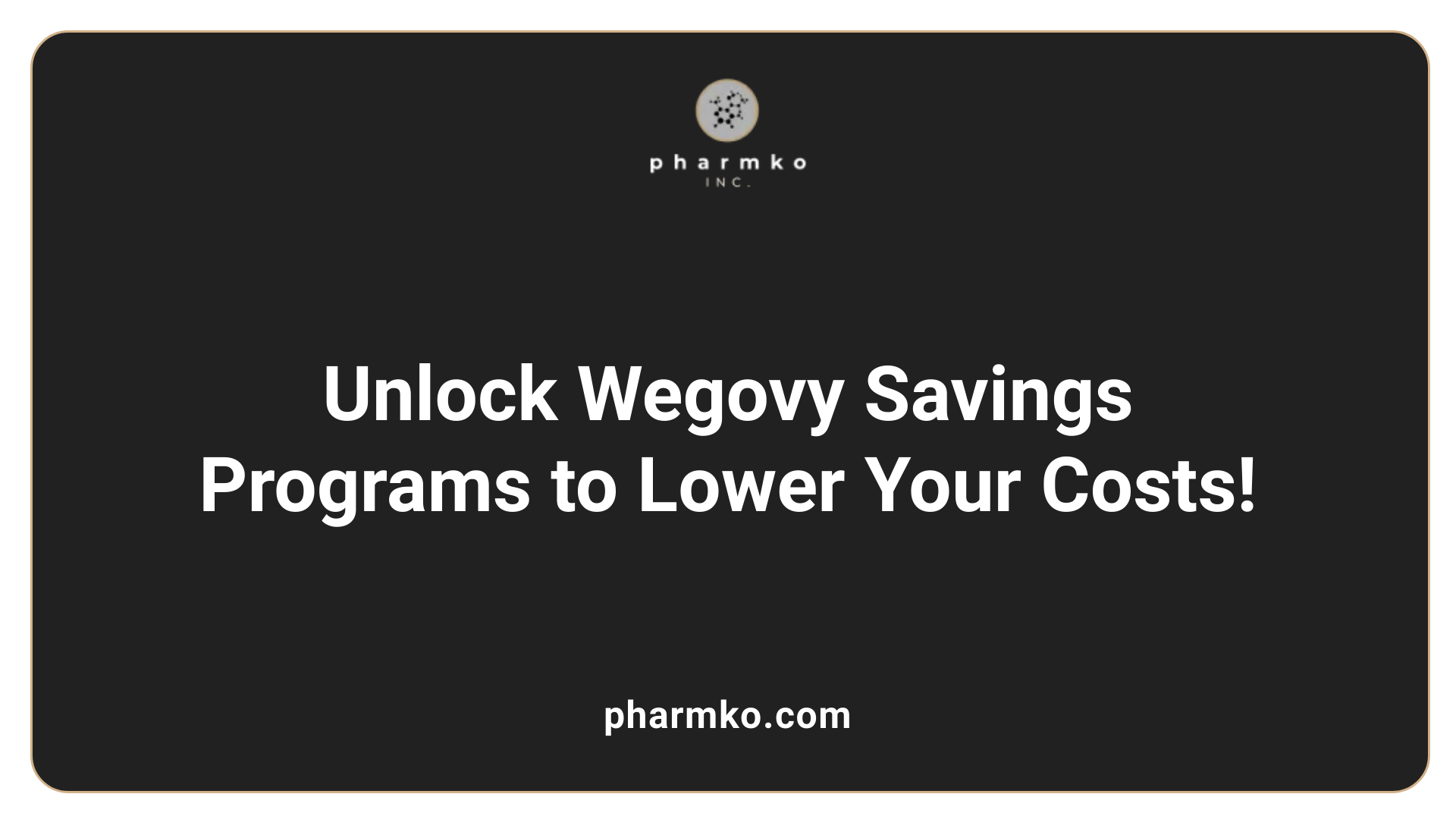
How can I get Wegovy for $25?
To get Wegovy for $25 or less, you can utilize the Wegovy Savings Card from Novo Nordisk, provided you meet certain eligibility criteria. Individuals must have a valid prescription along with commercial or private insurance to qualify for this discount. With the Wegovy Savings Card, users can pay as little as $0 for the first 13 fills, and afterward, the cost is reduced to about $25 per fill. However, those relying on government-funded insurance such as Medicare or Medicaid will not qualify, and can expect to pay significantly higher prices for their prescriptions.
Eligibility for savings programs
Before applying for the Wegovy Savings Card, it's crucial to check your eligibility. The card is designed for uninsured patients or those with private insurance only. If you're uninsured, alternative medications or discounts from other services might provide additional savings on weight loss drugs. Patients are encouraged to consult their pharmacist or search online for any available financial assistance programs tailored to reduce out-of-pocket expenses.
Alternative purchase options
For individuals who may find Wegovy too expensive at the full retail price, exploring compounded alternatives can offer more affordable solutions. Compounding pharmacies often provide generic versions of medications like semaglutide for around $300 a month, which is more budget-friendly compared to Wegovy's standard price. Additionally, patients can also look into programs such as WeGoTogether from Novo Nordisk, which offers Wegovy at a reduced rate of $650 for those who do not have insurance.
In summary, navigating the costs of Wegovy can be complex, but there are options available to help ease the financial burden of weight loss medications.
PlushCare Online Programs Without Insurance
Access to Weight Loss Management
PlushCare provides a comprehensive online weight loss program that is accessible to individuals regardless of their insurance status. Patients can engage with licensed healthcare professionals to discuss their weight loss goals and explore suitable treatment options, even if they are paying out-of-pocket for their medications.
Inclusivity of Uninsured Patients
This inclusivity is particularly beneficial for uninsured individuals seeking effective ways to manage their weight. PlushCare ensures that everyone has access to their services, emphasizing that support is available without any prerequisites regarding insurance. This allows patients to obtain essential prescriptions and ongoing support for their weight management journey.
Service Offerings and Benefits
The program includes an initial consultation where treatment options are tailored to individual needs. Costs for these services start at $199 a month for compounded medications, which are typically more affordable than brand-name products that can run between $1,000 and $2,000. Additionally, ongoing support is a staple of PlushCare’s approach, helping individuals make sustainable lifestyle changes while navigating their weight loss journey, regardless of their financial situation.
Affordable Weight Loss Solutions Through Compounded Medications

Cost Differences Between Compounded and Brand Medications
Compounded medicines can present a more affordable alternative for those seeking weight loss support. While brand-name weight loss drugs like Wegovy can cost upwards of $1,349 per month without insurance, compounded GLP-1s start at approximately $199 a month. This substantial cost difference makes them a viable option for many individuals lacking insurance coverage.
Potential Risks of Using Compounded Drugs
Despite the affordability, it’s essential to approach compounded medications with caution. Compounding pharmacies create their formulations and these drugs may not go through the same rigorous clinical testing and safety evaluations as FDA-approved medications. Thus, the quality and efficacy can vary, which may pose health risks for consumers.
Examples of Compounded Medication Costs
To further illustrate the cost distinctions:
| Medication Type | Typical Cost (per month) | Notes |
|---|---|---|
| Brand-name (Wegovy) | $1,349 | Price can be prohibitive without insurance coverage. |
| Compounded GLP-1s | Starting at $199 | Offers a lower-cost alternative. |
| Compounded Semaglutide | Approx. $300 | Cheaper than branded options. |
These examples highlight how compounded medications can significantly reduce monthly expenses for patients pursuing weight loss solutions.
MinuteClinic® Services: A Comprehensive Weight-Loss Approach
Components of the MinuteClinic® Program
The MinuteClinic® Weight-Loss Program focuses on crafting a tailored weight management strategy suited to individual needs. Participants undergo personalized assessments that evaluate medical history, current health status, and lifestyle factors. This holistic approach ensures that the program addresses not just weight loss but overall health improvement by promoting a balanced diet and increasing physical activity.
Prescription options within the program
For those eligible, MinuteClinic providers can prescribe weight-loss medications such as GLP-1s and Orlistat. Prescriptions typically require patients to demonstrate prior attempts at losing weight through lifestyle changes, ensuring that medication is a supportive tool rather than the sole solution.
Cost considerations for uninsured patients
Patients without insurance can access the MinuteClinic® program, which offers various options for payment. Initial consultations and follow-up visits may not be covered by insurance, so it’s essential to check beforehand. Those without insurance might face out-of-pocket expenses, averaging around $200 monthly for associated services, while medications can further add to costs. Nevertheless, the emphasis on personalized, structured weight management makes this program a feasible choice for many individuals seeking sustainable results.
Utilizing Online Support and Lifestyle Coaching

One-on-one coaching options
For individuals looking to lose weight, one-on-one coaching can provide invaluable support. Programs like K Health offer unlimited access to medical providers who can guide users through their weight loss journey. Clients can discuss personalized strategies targeting their unique needs without necessarily relying on insurance coverage.
Subscription models for self-guided weight loss
Many services now offer subscription models that cater to users who wish to manage their weight independently. For example, options start as low as $89 per month for those not requiring medication. This format allows individuals to access digital resources, track their progress, and receive guidance without the burden of health insurance.
Benefits of personalized weight management guidance
The benefit of having structured, personalized support from healthcare professionals cannot be overstated. Medical weight management programs offer tailored plans that consider each individual's health history, lifestyle, and challenges in weight loss. This individualized attention—whether through licensed programs like Sesame or informal consultations—helps patients implement effective strategies for long-term weight management.
| Coaching Option | Cost Range | Insurance Coverage |
|---|---|---|
| One-on-One Coaching | Varies widely | Not covered |
| K Health Membership | Affordable | Not necessary |
| Self-guided Subscription | Starts at $89 | Not required |
| Personalized Medical Programs | Costs vary | May be covered |
Understanding Financial Implications and Savings Opportunities
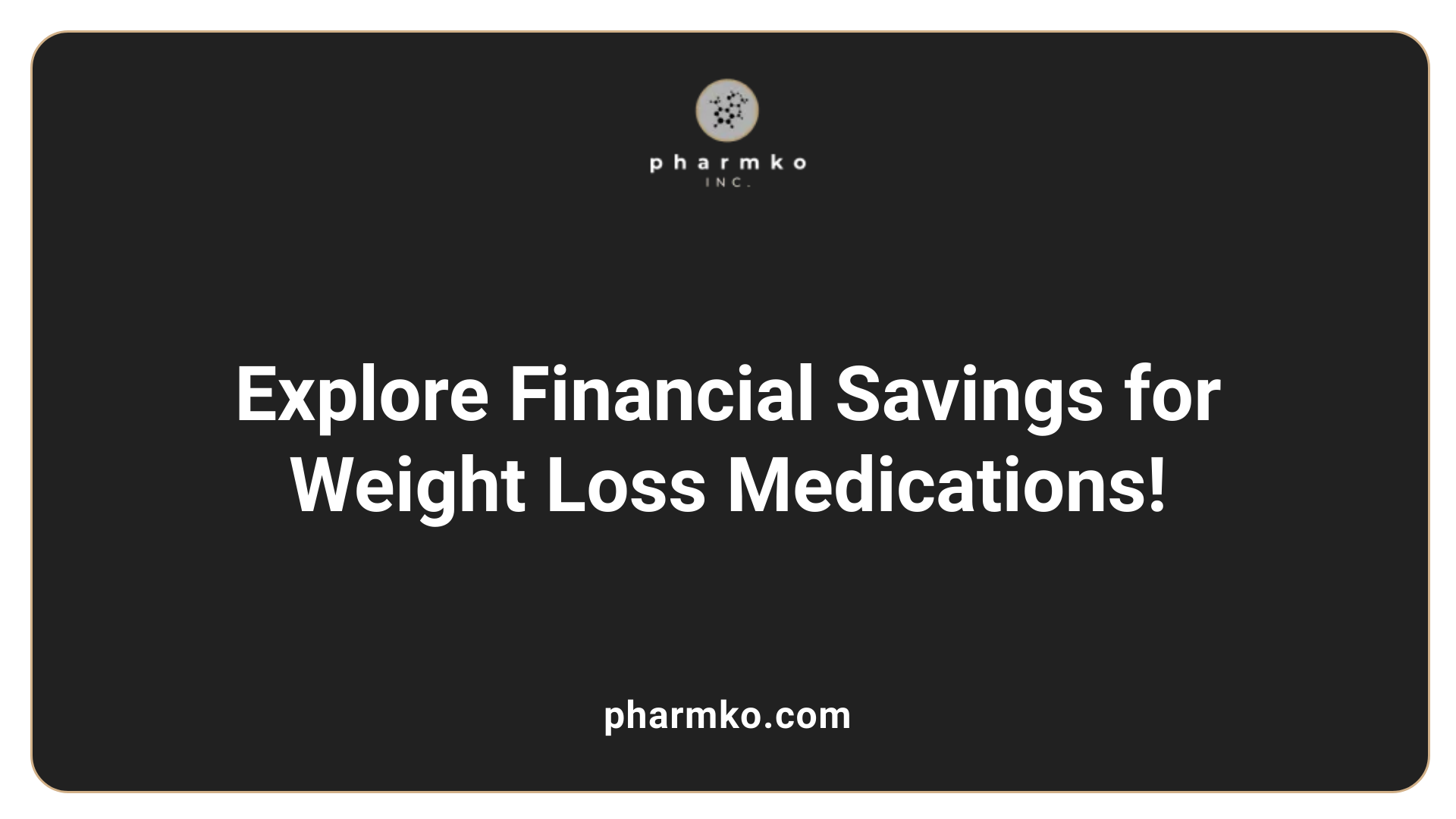
Exploring Savings Cards and Coupons
For individuals facing the high costs of weight loss medications, utilizing savings cards and coupons can significantly reduce their monthly expenses. For example, the manufacturer of Wegovy offers a savings card program that might lower the monthly cost to as little as $25, depending on eligibility. Moreover, services like GoodRx can help users save between 7-34% off the retail price for medications, making weight loss support more accessible.
Impact of Pre-Authorization and Manufacturer Programs
Patients with insurance should consider initiating pre-authorization requests. This process may allow individuals to obtain coverage for weight loss medications that might normally not be covered, especially if they have obesity-related medical conditions. Companies like Novo Nordisk offer programs that enable those with private insurance to access Wegovy for as low as $0 per month.
Role of Generic Alternatives
Another option for cost-conscious patients is to explore generic alternatives to popular branded weight loss drugs. Compounding pharmacies can provide generic versions of medications like semaglutide for around $300 monthly. However, it’s important to note that these compounded medications do not undergo the same rigorous safety evaluations as FDA-approved drugs, which introduces an element of risk.
| Savings Opportunity | Description | Potential Cost Reduction |
|---|---|---|
| Savings Cards | Programs by manufacturers like Novo Nordisk can reduce the cost of brand drugs. | As low as $25/month |
| GoodRx Coupons | Discounts on retail prices for various medications. | 7-34% off retail price |
| Compounded Alternatives | Generic medications provided by compounding pharmacies. | Around $300/month |
By staying informed about these financial resources, individuals can manage the costs associated with weight loss medications more effectively.
Consulting Healthcare Providers Without Insurance
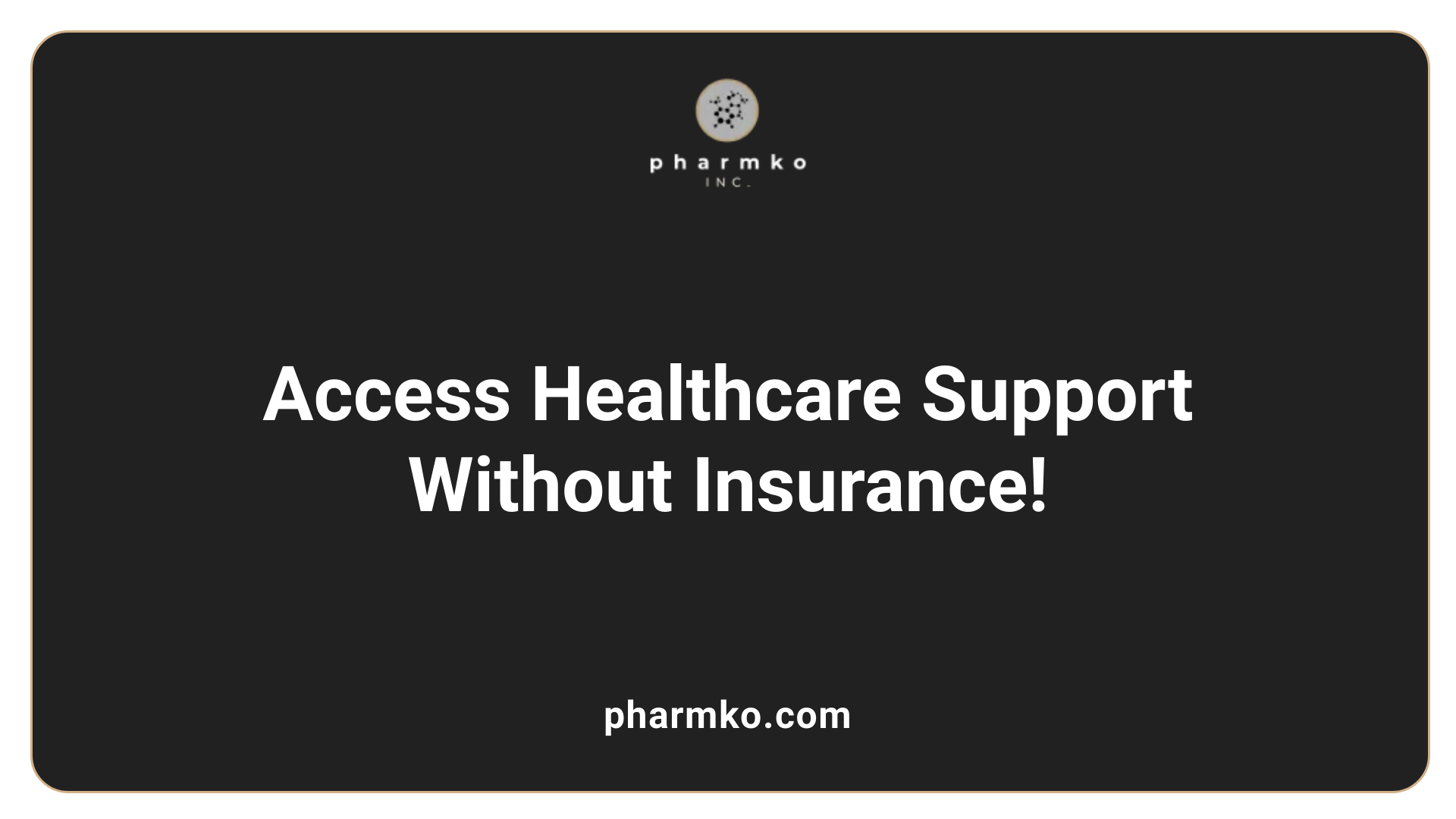
Seeking physician advice on weight loss
Consulting with healthcare providers about weight loss is crucial, particularly for individuals struggling with obesity. Doctors can recommend tailored treatment options, including lifestyle changes and medications that may help in weight management. Importantly, these discussions do not necessitate insurance coverage; individuals can access professional advice regardless of their insurance status.
Options for uninsured consultations
For those without insurance, options still abound. Programs such as PlushCare and Sesame offer weight loss consultations for a fixed monthly fee, typically around $249, ensuring that access to medical advice is available even without insurance. Alternatively, some clinics may provide financial assistance or lower rates for uninsured patients, fostering an environment where weight loss support remains achievable.
Building a medical support plan
Individuals can also devise personalized weight management plans by engaging with healthcare professionals who provide holistic assessments, encompassing dietary history and health status. This approach allows patients to create a structured yet flexible path to weight loss, utilizing available resources like pharmacies for generic medications—such as compounded GLP-1s—with costs starting as low as $199 per month. Even without insurance, patients can uncover multiple avenues of support to effectively address their weight loss goals.
Self-Supported Weight Loss: Programs and Medications
Utilizing Non-Guidance Systems and Local Resources
Self-supported weight loss strategies are gaining traction, especially when insurance access is limited. Individuals can explore community programs or online platforms designed for weight management. Services like PlushCare and Sesame offer accessible consultations that cater to all patients, regardless of their insurance status.
Managing Weight Through Over-the-Counter Solutions
For those looking to manage their weight without medication, over-the-counter solutions provide a viable option. Some patients turn to alternatives like orlistat, which can be purchased directly without a prescription. Compounded medications may also present a budget-friendly route, with prices starting around $199 for customized solutions.
Dietary and Physical Activity Focus with Limited Resources
Incorporating dietary modifications and increasing physical activity are crucial components of weight management. Local resources such as community health programs and support groups can provide essential tools and motivation, often at little to no cost. Many online platforms also offer meal planning and exercise programs tailored to users seeking weight loss without insurance intervention.
| Method | Description | Potential Cost |
|---|---|---|
| Community Programs | Local support from peers focusing on lifestyle changes | Often free |
| Over-the-Counter Solutions | Medications available without prescriptions | Starting at $199 |
| Online Platforms | Access to weight-loss resources and coaching | Varies (some free) |
Conclusion
While navigating weight loss efforts without insurance may seem daunting, numerous resources and strategies are available to support individuals in achieving their health goals. From patient assistance programs and financial aid options to online platforms and lifestyle interventions, there is no shortage of pathways to explore. By staying informed and proactive, you can access the tools necessary for effective and sustainable weight management, ultimately empowering yourself to pursue a healthier lifestyle.
References
- The Cost of Weight Loss Drugs with and without Insurance - hers
- Medical weight loss programs available online
- Online Weight Loss Program: As Low as $89 per Month - Sesame
- Weight-Loss Program & Weight-Loss Medication | MinuteClinic®
- Does Insurance Cover Prescription Weight Loss Injectables? - NAIC
- Wegovy cost 2024: Coupons, savings, and more - MedicalNewsToday
- Prescription weight-loss drugs: Can they help you? - Mayo Clinic
- How Much Does Wegovy Cost With & Without Insurance - Ro
- How to Ask Your Doctor for Weight Loss Pills - Healthline
- Online Medical Weight Loss: Chat With a Doctor Today - K Health















































